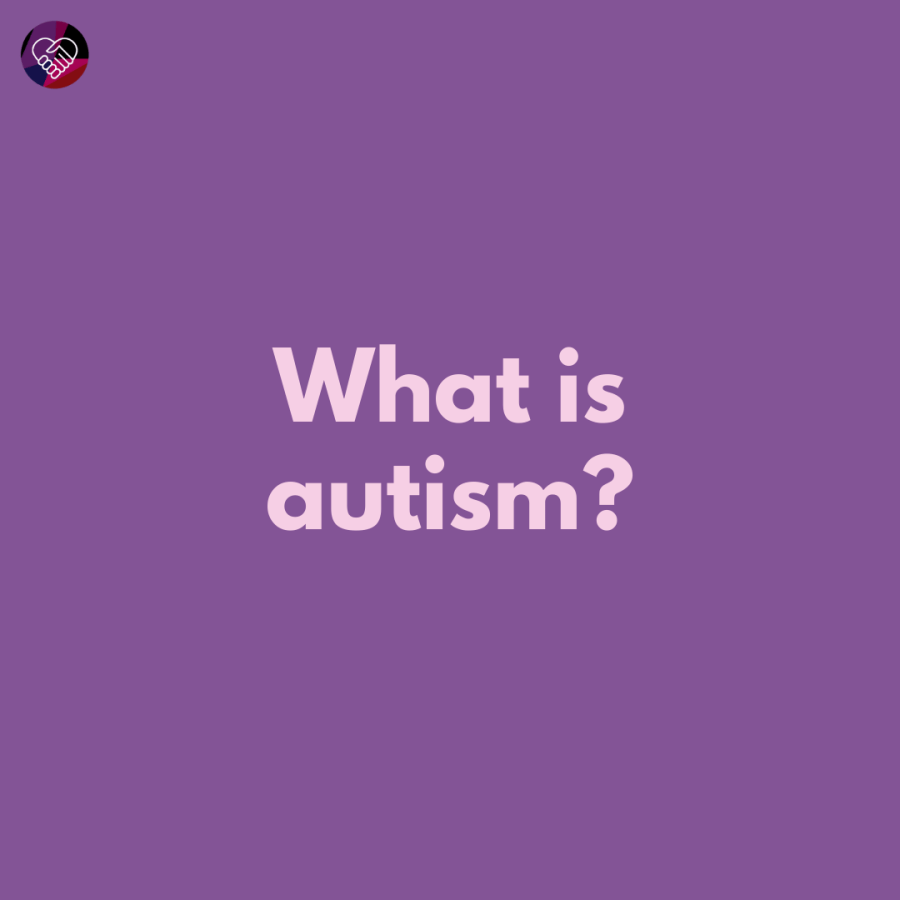People who are challenged in the aspect of communication and/or socializing and exhibit unexpected changes in their behavior are often made to believe that what they experience is, 'just a phase'. These symptoms are often overlooked in children, dismissed as just another part of their growth. Decades of research, spreading awareness, and acceptance has made us conclude that this 'phase' is actually a disorder we now know to be Autism Spectrum Disorder.
We still have a long way to go before we, as a society, can provide optimum healthcare and acceptance to people with autism. April is dedicated to Autism Awareness. Delving deeper into this, we've discussed autism in our blog articles, including several unique aspects that one could use to look at to understand autism.
From the Blog
What is Autism?
An explanatory article about Autism Spectrum Disorder, its causes, and how we can provide safe spaces for people with autism.
"Each person with autism has a unique experience, and no one can represent their challenges better than the autism community. So speak up for people with autism, but also listen to and amplify their voices."
But, You Don't Look Sick?
The Spoon Theory
We find different parts of our lives to be more demanding than others. What may be alright for one person may tax another person. For people suffering from chronic illnesses and disabilities, simply having to validate what they struggle with, drains them. This article is a step towards understanding the challenges faced by people, that we may not be able to detect at first glance.
"What seems like a simple action for an average human being becomes a complex task for a chronically ill individual because of the number of factors they need to take into consideration. The spoon theory is an attempt to better understand the daily battles of someone with a chronic illness and to thereby learn to be more empathetic with their struggles and daily achievements, no matter how small."
LonePack Conversations
In our latest addition to 'The Alternative Therapy Series', the following are part of the highly engaging Conversations we’ve had:
Narrative Therapy ft. David Newman
"People will often find their own language and their own experience when they hear someone else's experience because they realize that there's an overlap of an experience or story with someone else; or the opposite - they'll know that that story or experience does not speak to them, and in that sense, they've got a sense of what does speak to them. They have a sense of a little bit of what their story is."
Bibliotherapy ft. Bijal Shah
“Reading and writing really go hand-in-hand. You’re reading but you’ve also got to do a bit of reflection and that normally comes from writing… It’s very important to get those feelings out and express the things that you’re going through and capture them, and that is healing in itself.”
Highlights
Some very exciting news…
LonePack Buddy is one of 30 initiatives nationwide that's been selected to be part of the upcoming incubation program run by Youth Colab, an initiative of UNDP and NITI Aayog.
We’ve hit 1000 conversations on LonePack Buddy, and we’re hoping to reach many more people soon.
Take our LonePack buddy with you, wherever you go! We’re developing an app that is soon to hit the Google Playstore, so stay tuned!
From the Internet
Blood Test for Bipolar Depression
Research is being conducted on how we can identify depression by tracing biomarkers taken from one’s blood sample. This is a huge step in correlating clinical science with mental health, showing that our mental health has a significant effect on our body’s physiological processes as well. This also shows that depression can no longer be invalidated and it isn’t something people can “get over”.
Schedule Your Worry Time
As mentioned in the article, worry is essentially an attempt at problem-solving and dealing with uncertainty. We often feel overwhelmed when we are caught in a cycle of ‘what-if’ scenarios and they tend to weigh us down. Allocating specific time slots to worry helps you learn to control when and where you worry and gives you a chance to reflect on your thoughts instead of drowning in them.
Languishing- The Middle Child of Mental Health
‘Languishing’ is the neglected middle child of mental health. It’s the void between depression and flourishing — the absence of well-being. You don’t have symptoms of mental illness, but you’re not the picture of mental health either. You’re not functioning at full capacity. Languishing dulls your motivation, disrupts your ability to focus, and triples the odds that you’ll cut back on work. It appears to be more common than major depression — and in some ways, it may be a bigger risk factor for mental illness.
The current state of the COVID crisis in India is nothing short of dismaying. We need to come together now to help those in need. You can donate to verified organizations here.
LonePack Buddy is here to support your mental health during this difficult time. Start the conversation today.






